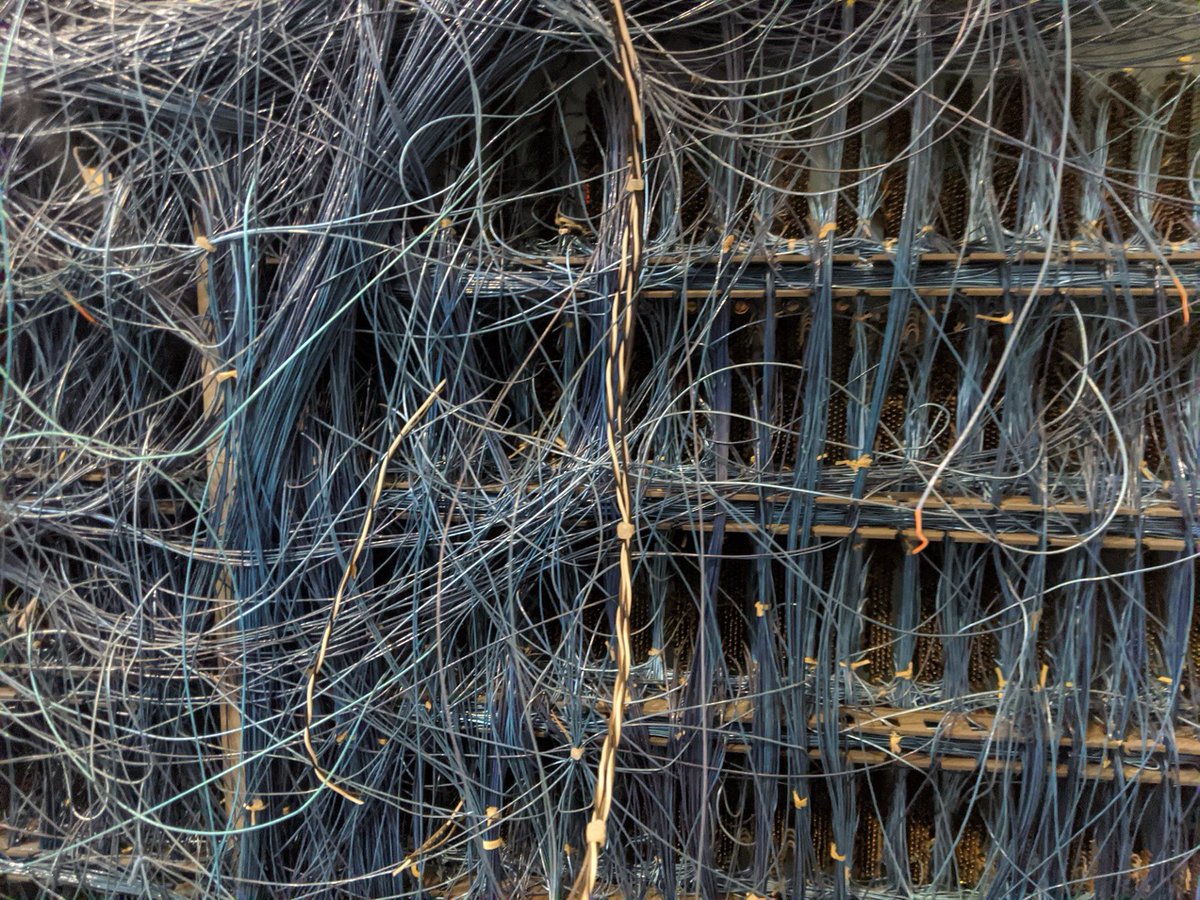
It in these proceedings that the law descends into self-parody, more Marx Brothers than casebook. Levitin highlights the Feb '21 "drive-through" bankruptcy of Belk Department Stores, where the judge was told that failing to accede to the private deal would risk 17,000 jobs.
26/
26/
The trustees representing Belk's non-crony creditors were railroaded through this "agreement," upon notice consisting of an "unintelligible" one-page, one-paragraph release opening with "a 630-word sentence with 92commas and five parentheticals."
27/
27/
Sackler lawyers were geniuses at this game, securing judicial approval of a deal where the Sacklers' personal liability to the Feds went from $4.5b to $225m. The judge heard no evidence about whether the Sacklers' voluntary payout was even close to their liabilities.
28/
28/
The corruption of bankruptcy is bad enough, as the creditors for finance criminals are often small firms and workers' pension.
The Sacklers' case is far worse: they don't owe billions in unpaid loans - they owe criminal and civil liability for the lives they destroyed.
29/
The Sacklers' case is far worse: they don't owe billions in unpaid loans - they owe criminal and civil liability for the lives they destroyed.
29/
The next area of corruption that Levitin takes up is the inadequacy of the appeals process for bankruptcy settlements. This, too, is complex, but it has a simple outcome: once a judge agrees to a settlement, it's virtually impossible to appeal it.
30/
30/
In those rare instances where people do win appeals, they are still denied justice, because the appellate courts typically find that it's too late to remedy the lower courts' decisions.
31/
31/
That makes the business of "coercive restructuring techniques" (in which judges rubber-stamp corrupt arrangements between debtors and their cronies) even more important, since any ruling from a bankruptcy judge is apt to be final.
32/
32/
The third and most important corrupt element of elite bankruptcy that Levitin describes is the ability for debtors' lawyers to pick which judge will rule on their case, a phenomena that means that only THREE judges hear NEARLY EVERY major bankruptcy case in America.
33/
33/
"[In 2020] 39% of large public company bankruptcy filings ended up before Judge David Jones in Houston. 57% of the large company cases ended up before either Jones or two other judges, Marvin Isgur in Houston and Robert Drain in White Plains."
creditslips.org/creditslips/20…
34/
creditslips.org/creditslips/20…
34/
In other words, elite law firms have figured out how to "hack" the bankruptcy process so they can choose from among three judges. And these three judges weren't picked at random - rather, they competed to bring these "megacases" to their courts.
35/
35/
This competition is visible in how these judges rule - in ways that are favorable to cronyistic arrangements between debtors and their favored, deep-pocketed creditors - and in the public statements the judges themselves have made, going on the record admitting it.
36/
36/
Levitin cites the groundbreaking work of Harvard/UCLA law prof Lynn LoPucki on why judges want to dominate bankruptcy megacases. LoPucki points out hearing these cases definitely increases "post-judicial employment opportunities" - but says the true motives are more complex.
37/
37/
Levitin, summarizing LoPucki: "[it's more] in the nature of personal aggrandizement and celebrity and ability to indirectly channel to the local bankruptcy bar.. The judge is the star and the ringmaster of a megacase - very appealing to certain personalities"
38/
38/
Obviously, not every judge wants these things, but the ones that do are of a type - "willing and eager to cater to debtors to attract business...[an] assurance to debtors that...these judges will not transfer out cases with improper venue or rule against the debtor..."
39/
39/
• • •
Missing some Tweet in this thread? You can try to
force a refresh







